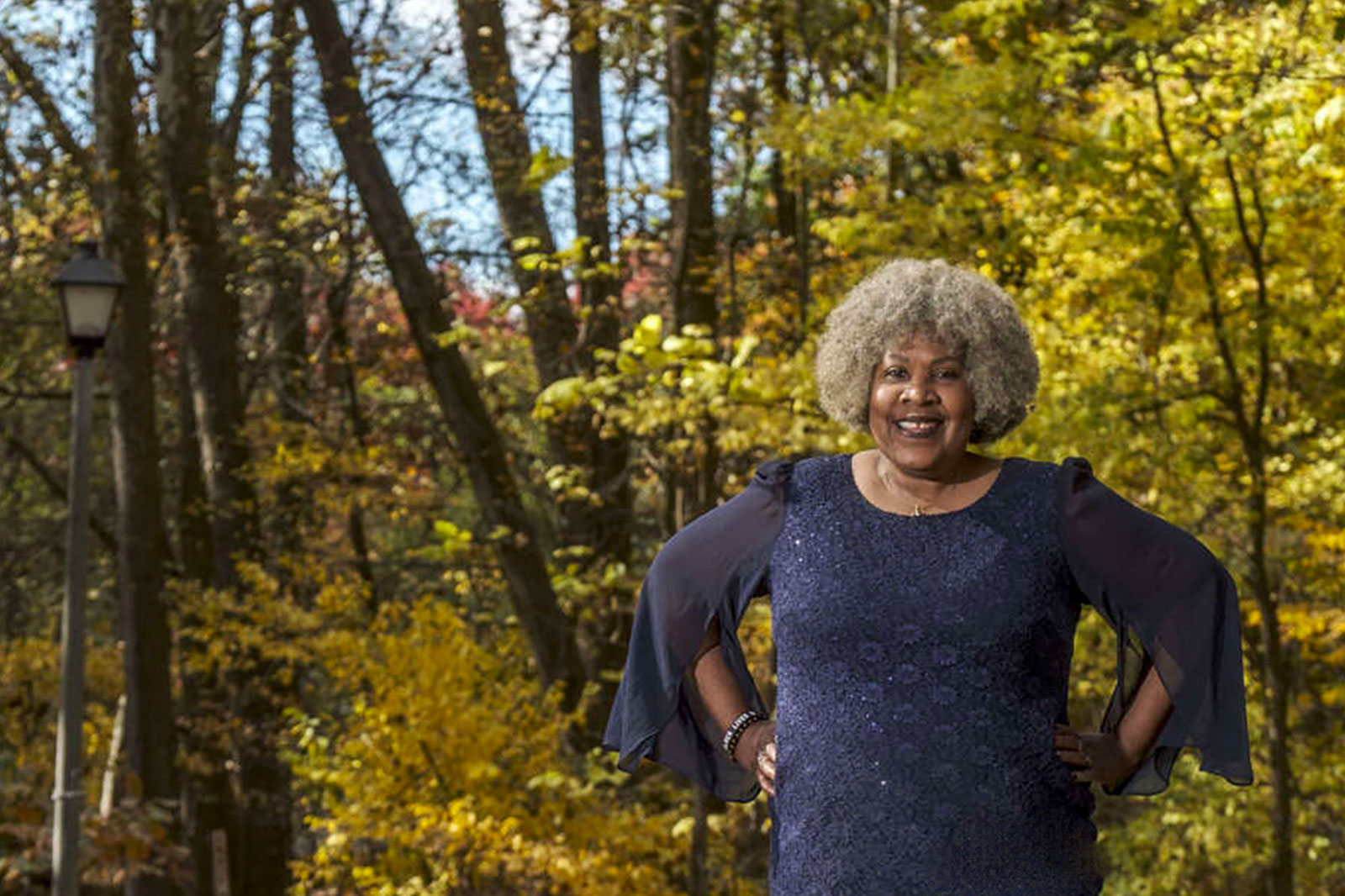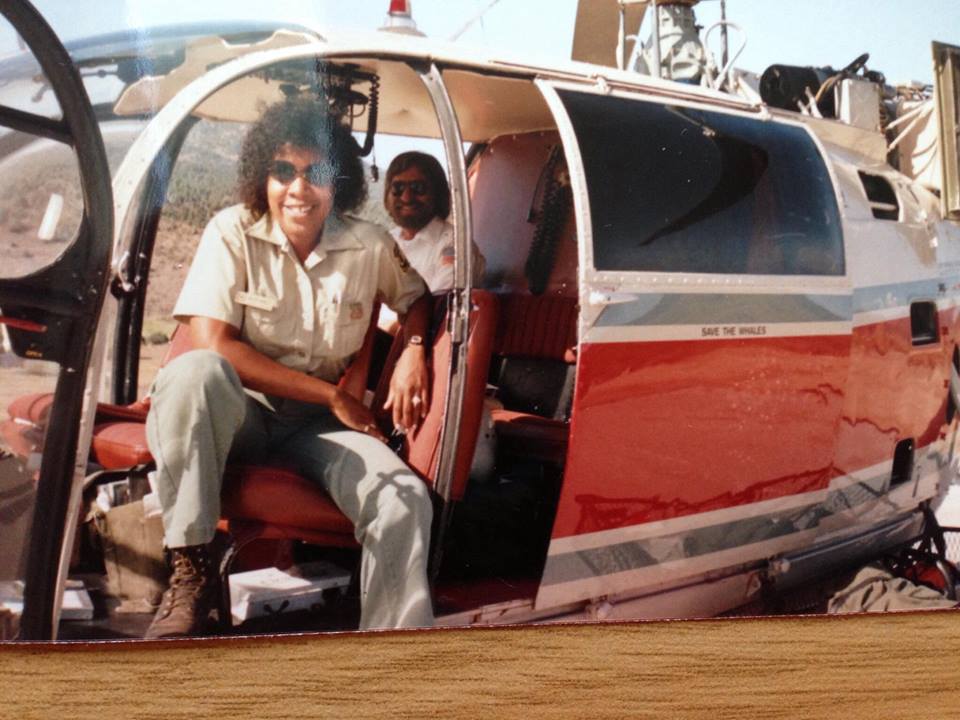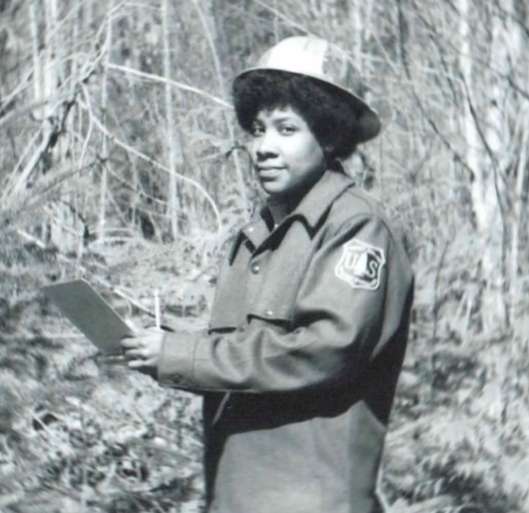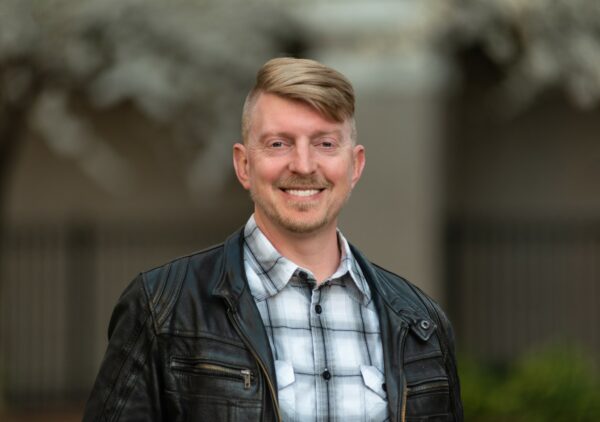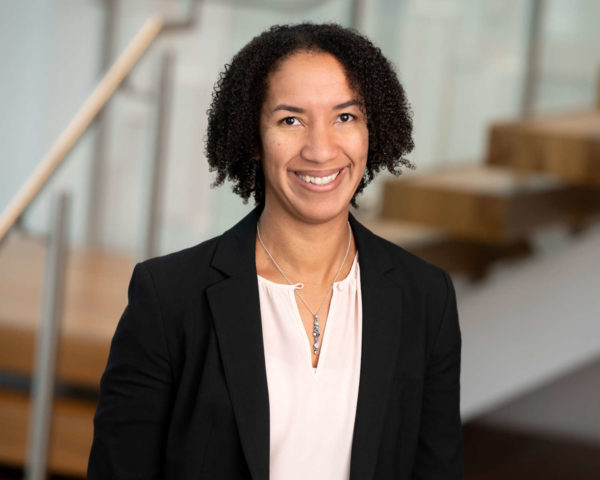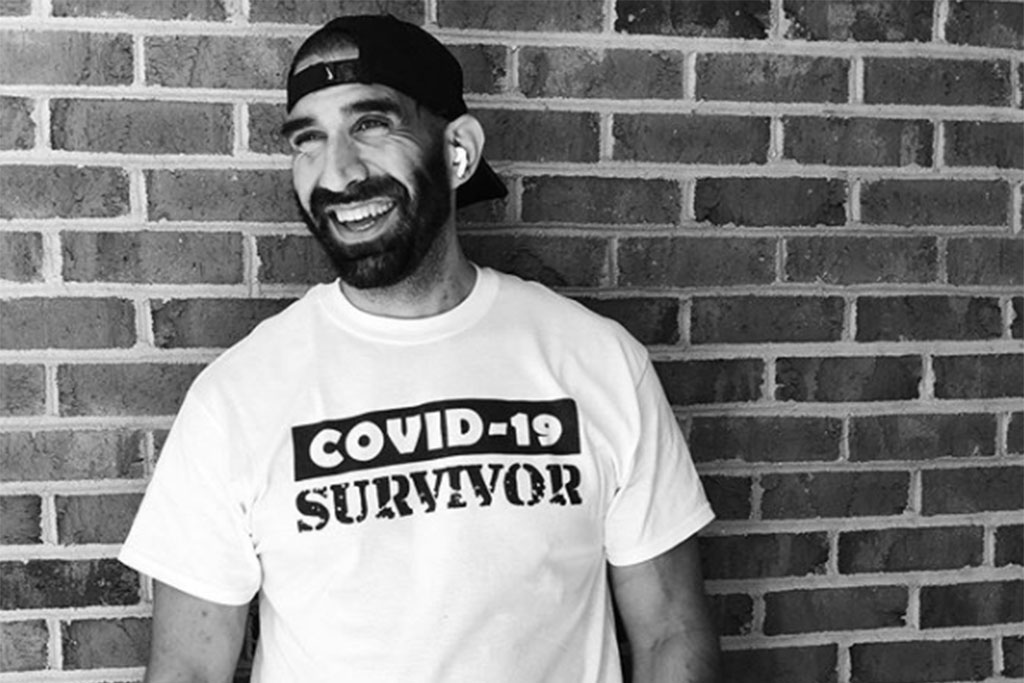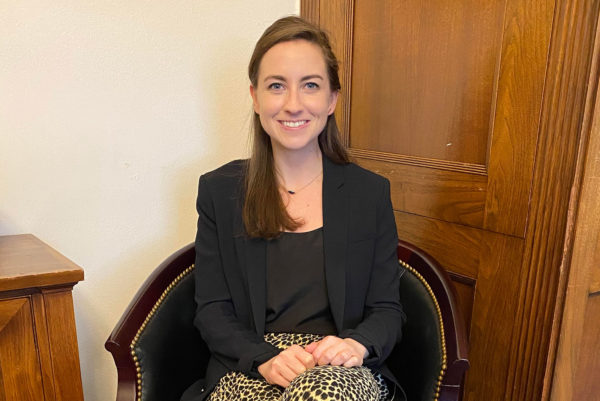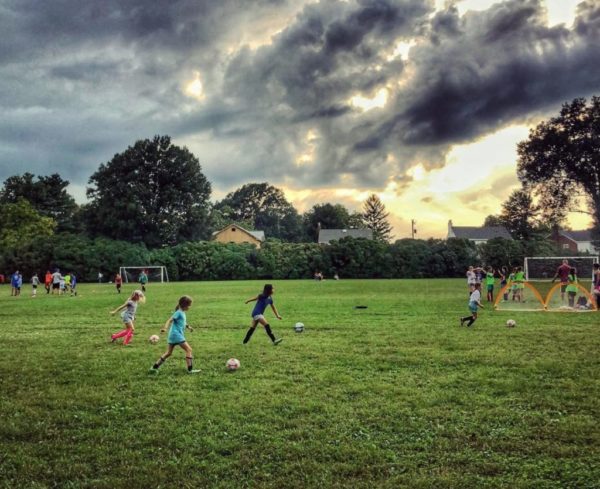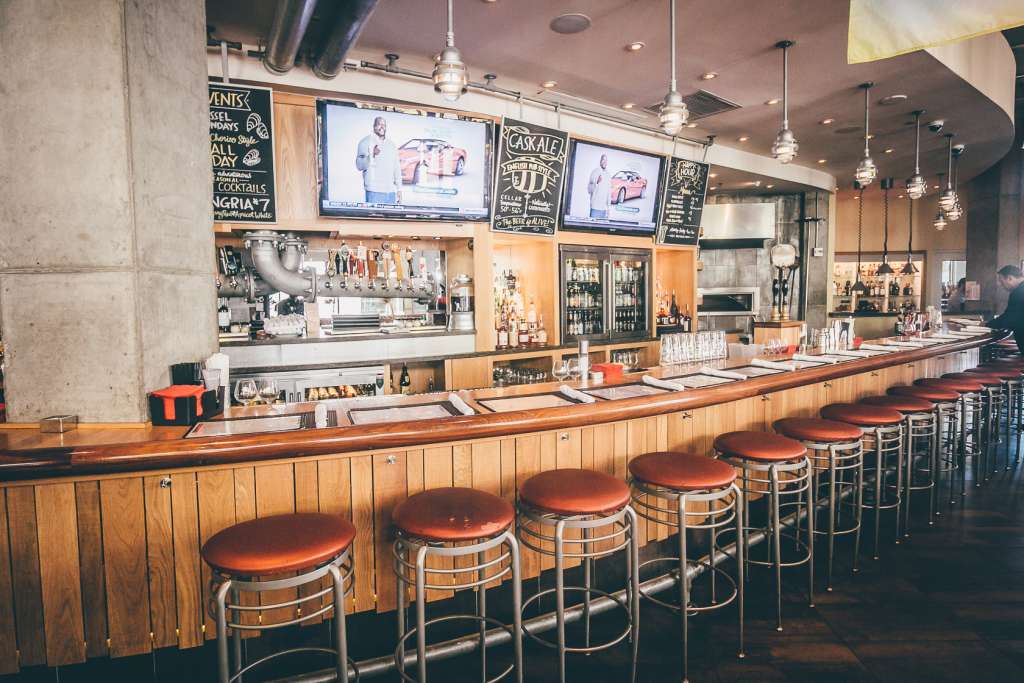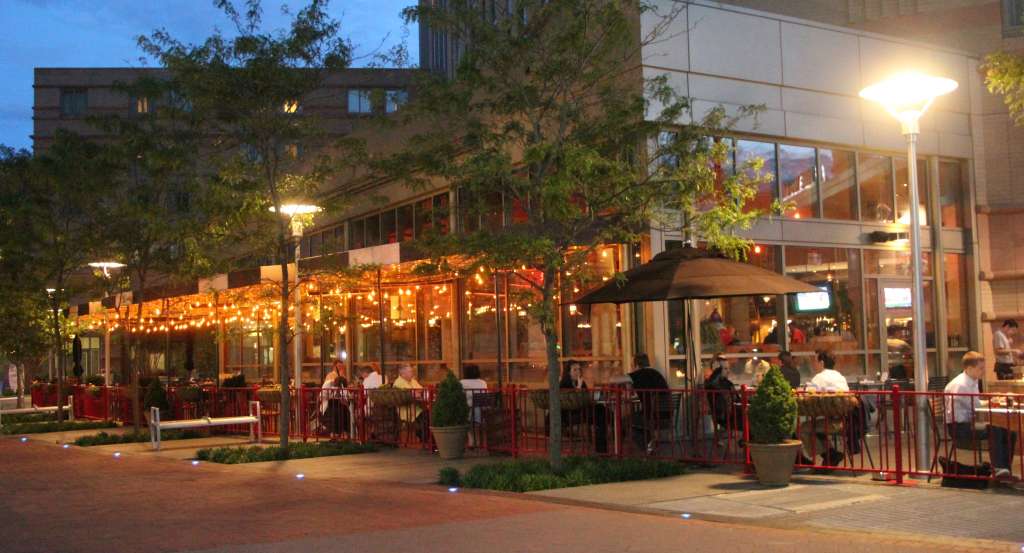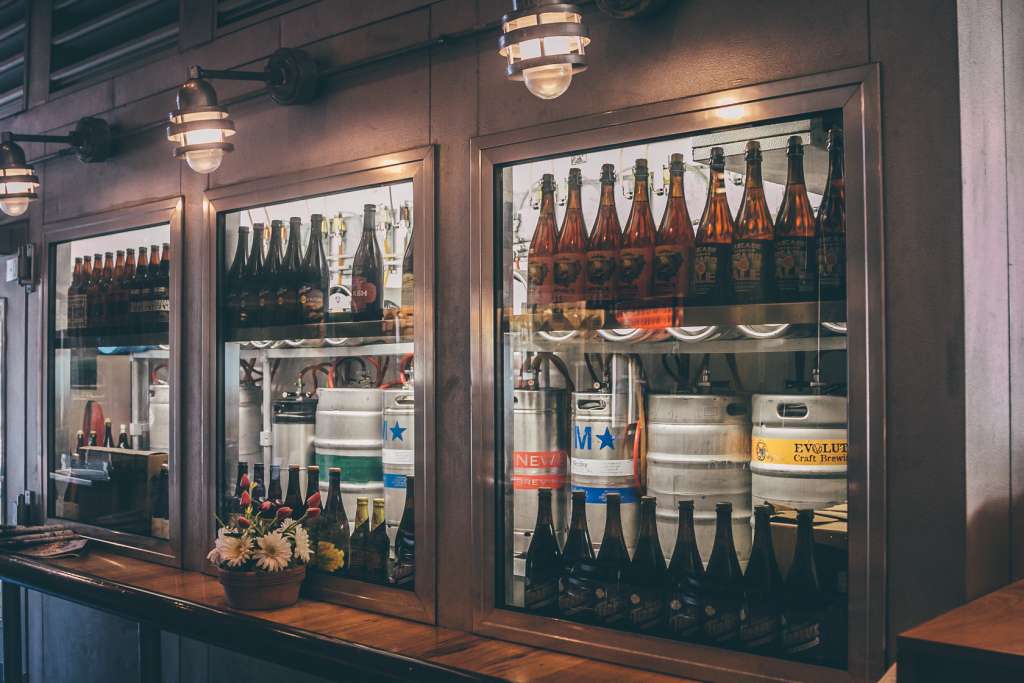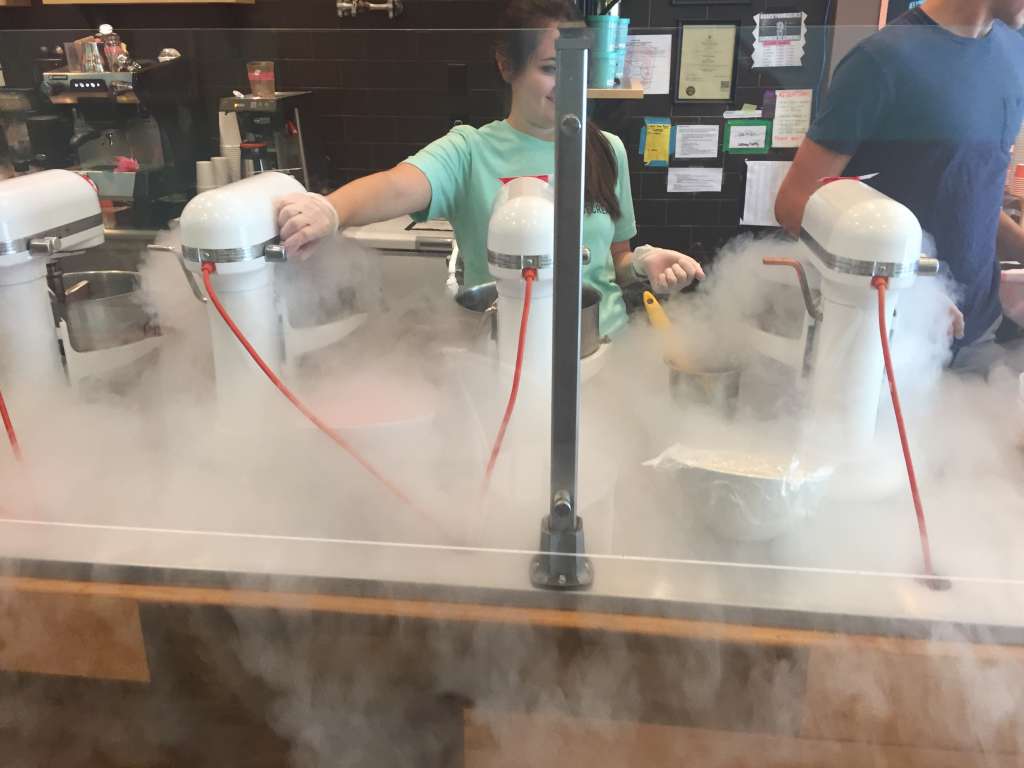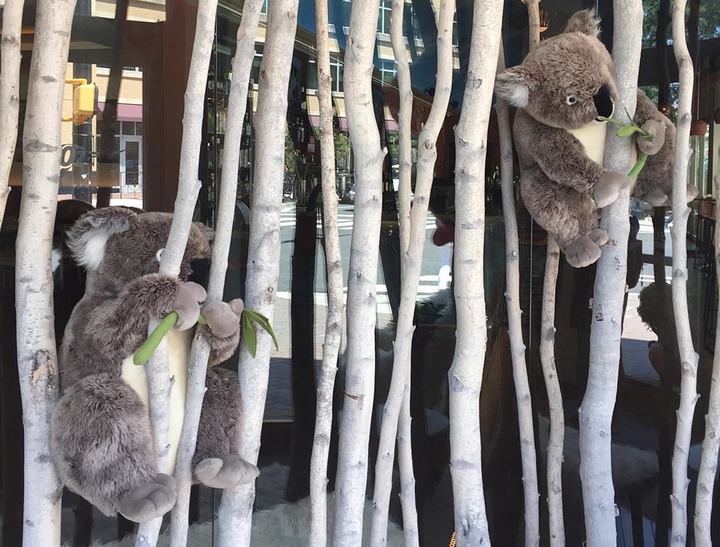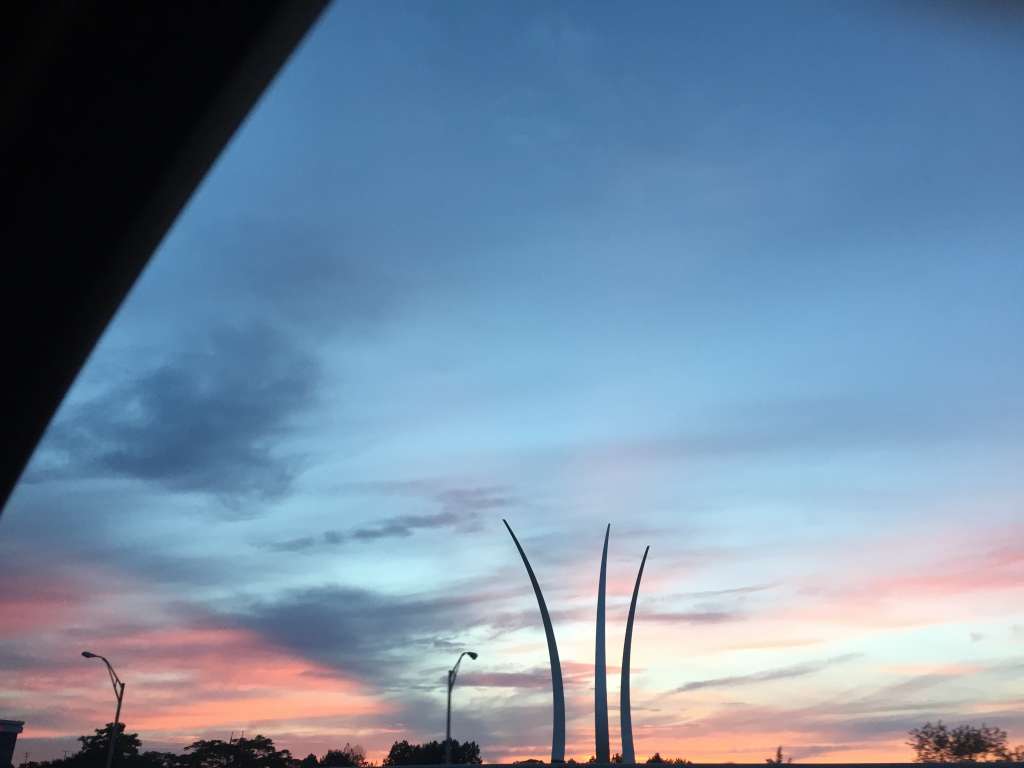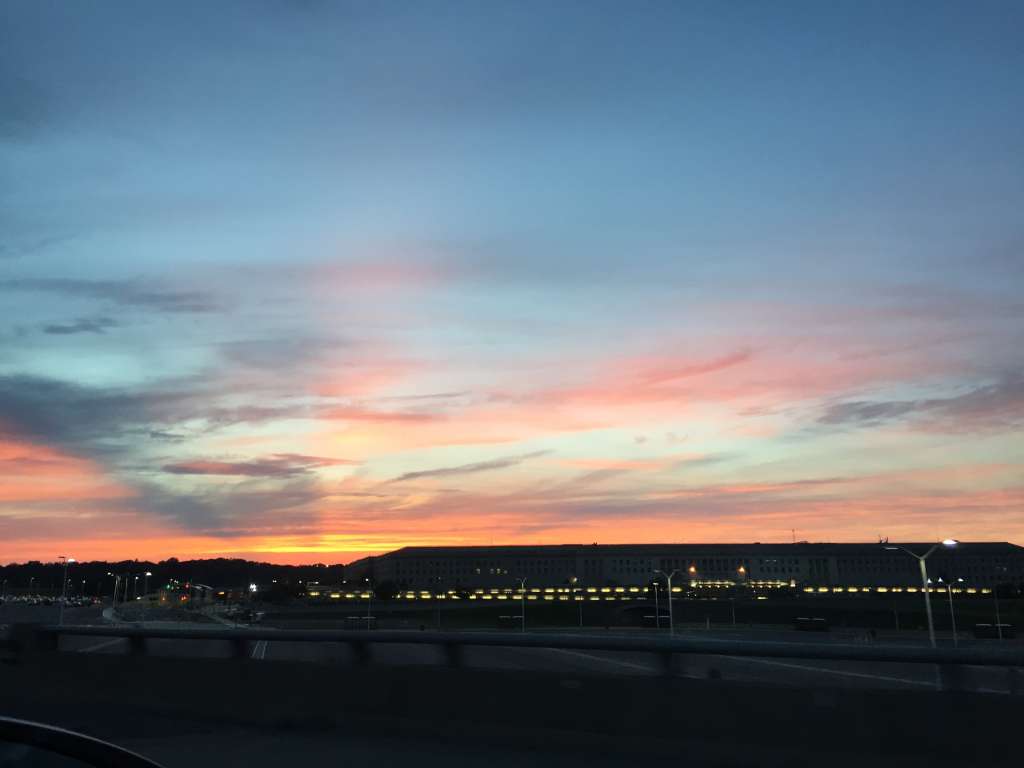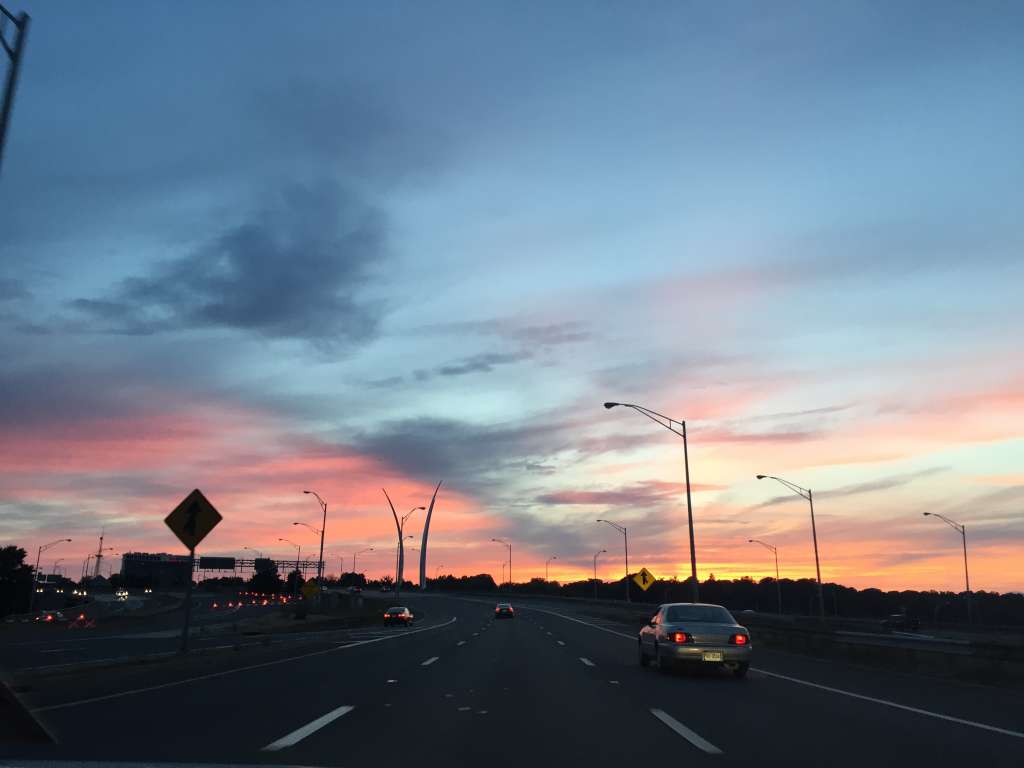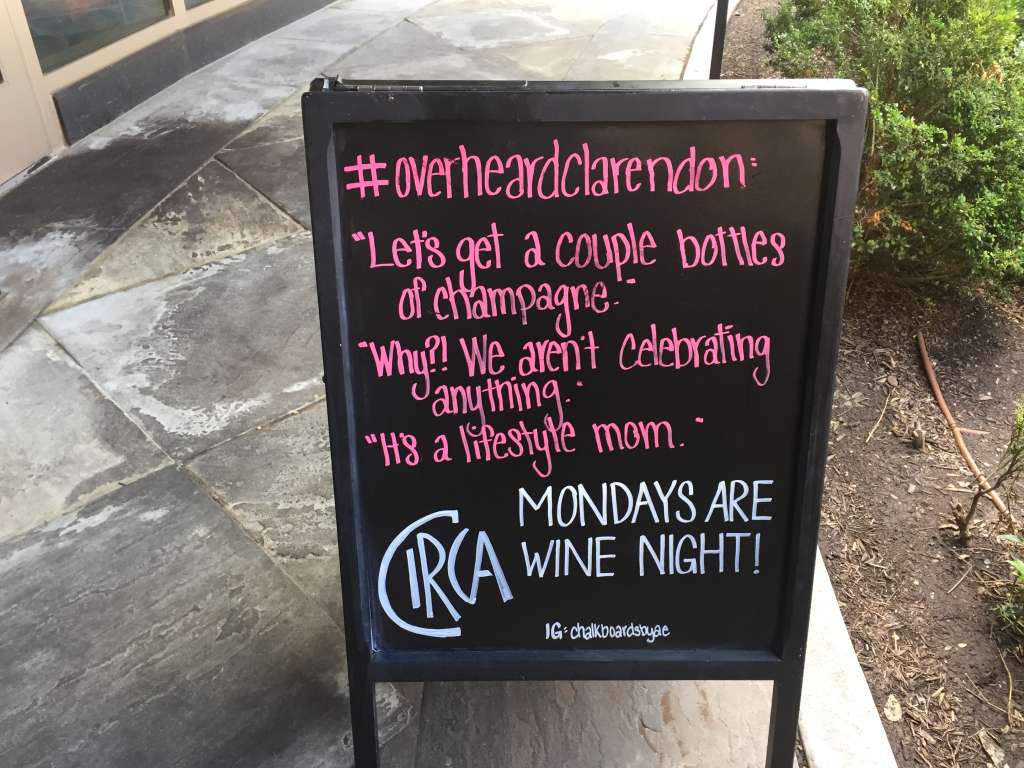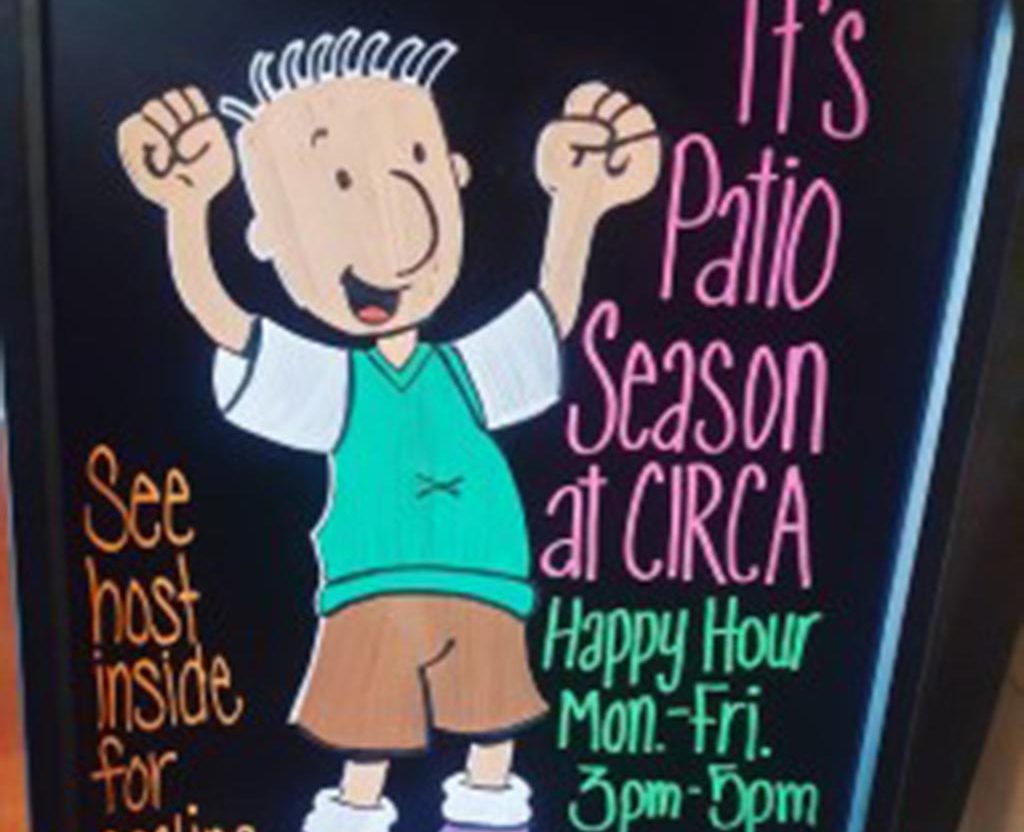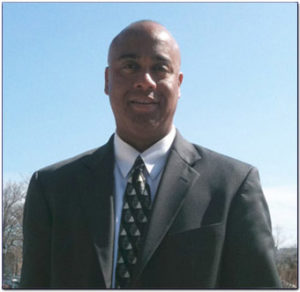It’s a beautiful November morning among the trees outside of Long Branch Nature Center and Melody Mobley is at peace. She’s remembering how her mom used to take her and her siblings to creeks and collect leaves on weekends.
“To this day, I feel like I’m in more than church any time I’m out in the forest,” Mobley says, sitting on a bench in front of a pond. “This is my sacred space.”
In 1977, Mobley was hired to work at the United States Forest Service, after being recruited at her university’s career day. She was the first Black female professional forester in the agency’s history.
For decades, her life was in forests across the country, including in Washington, California, and Florida. In the late 1980s, she made the move to the D.C. area to help manage state forestry resource plans as well as watershed restoration. She’s lived in Arlington ever since, near N. Carlin Springs Road.
When Mobley started at the Forest Service as a forester, she loved the job.
“Just being in those beautiful, beautiful situations every day, picking your berries and greens from nature,” she tells ARLnow. “Just physically being in that place was wonderful. And seeing bears, porcupines, and everything we would see out there was just a real treat.”
It was the humans that made Mobley’s life hard. In fact, she hadn’t realized that she was the only woman of color at the Forest Service until a year into her job.
“I wasn’t into it,” she says. “When I found out I was the one and only, no one would ever let me forget it.”
As a young woman living in a small town, she felt isolated and constantly the focus all at the same time. It was like living in a fishbowl, Mobley says. Even things that one might think of as small were not available to her.
“I couldn’t get my hair done. I couldn’t find the products,” she says.
There were also far worse situations. She was sexually harassed, the target of racist remarks, and sexually assaulted by a work colleague when she was 20-years-old.
She thought about quitting, but did not want to give others the satisfaction that she was giving up. Plus, it was a full-time job that could help provide for her grandmother, who had cancer.
“I don’t want it to sound all doom and gloom because it wasn’t,” Mobley says.”But it sure was challenging.”
Even during her time working at the U.S. Forest Service headquarters in D.C. in the 1990s, Mobley says she constantly faced gender discrimination, harassment, and was even physically assaulted.
Later, as a leader, she hoped her speaking out would end this for herself as well as others facing similar mistreatment in the agency.
“I really put myself on the line speaking out,” she says. But in 2005 she retired, saying she had “no choice.”
To this day, she still fields calls from others in the Forest Service who are facing circumstances similar to her own. She provides advice, a sounding board, and sometimes even reaches out to leadership on their behalf.
“The Forest Service isn’t very happy with me, but that’s all right,” she says.
Mobley, however, has found her next calling, spending her days inspiring the younger generation by volunteering at Carlin Springs and Barrett Elementary schools. This includes taking students on nature walks, helping with their science assignments, and answering questions about the environment.
“I love, love, love kids so much,” she says. “I want them to see someone who looks like them. That’s so important.”
She helps to lead Black and Latin/Hispanic Birder and Naturalist series in partnership with Nova Parks and the NAACP’s Arlington Branch.
Mobley says those hikes are wonderful, but few people of color actually come on them. She’s not totally sure why, but this challenge isn’t unique to this program.
“Many of the programs around here don’t get people of color coming,” she says. “We really need to open that door and really make sure that they feel welcome… we need to make sure people know there’ll be people of color actually there.”
This is her mission, she says, to show that nature and forest are for all.


